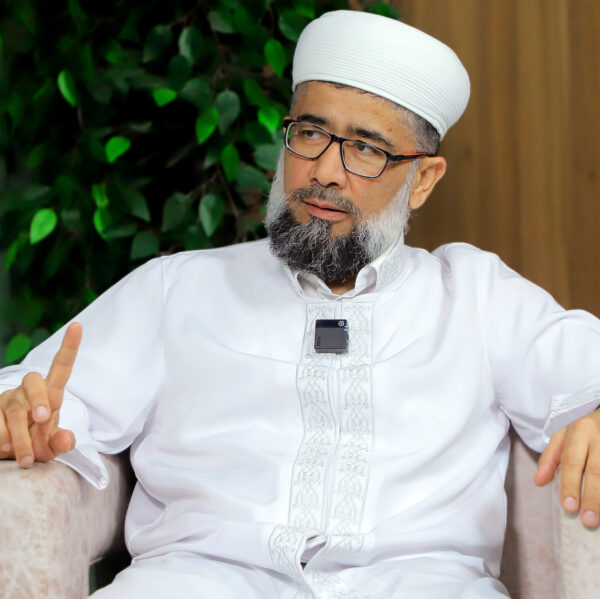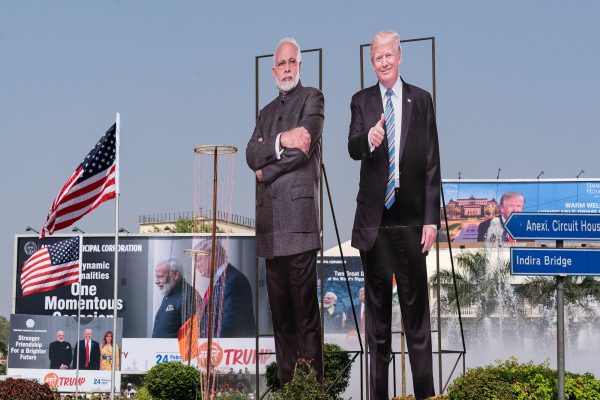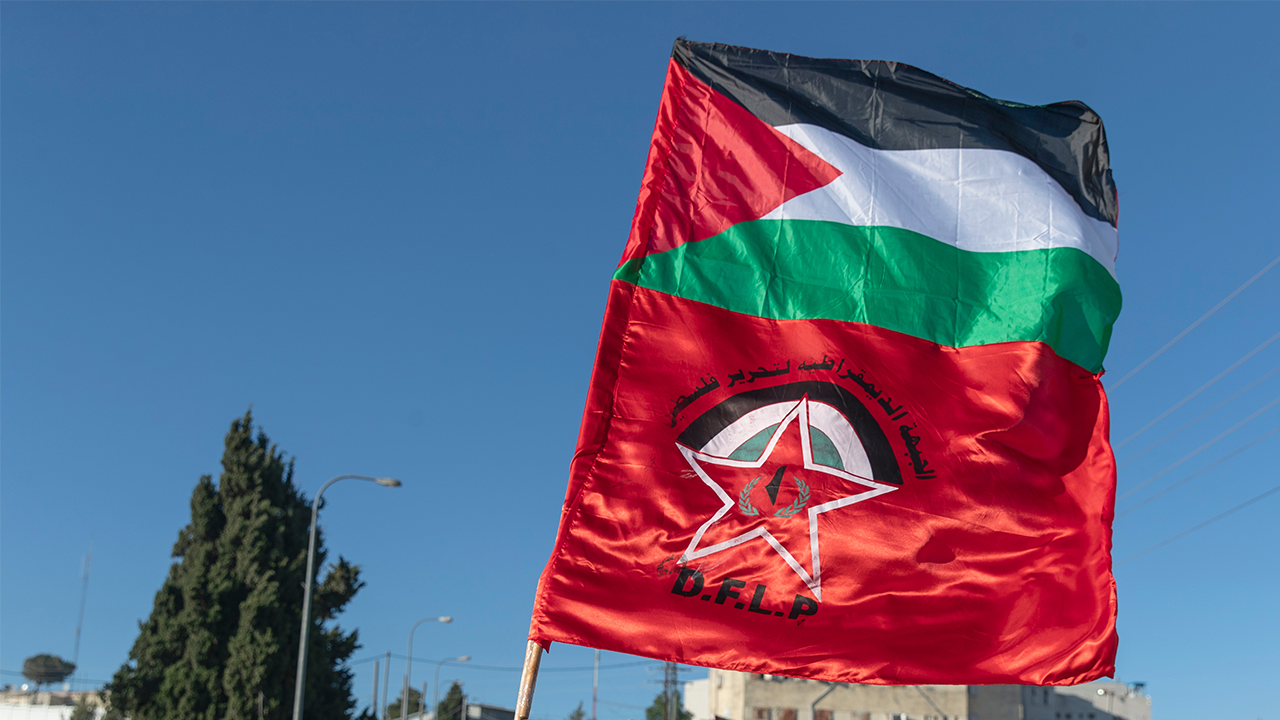PROTECT YOUR DNA WITH QUANTUM TECHNOLOGY
Orgo-Life the new way to the future Advertising by AdpathwayCrossroads Asia | Economy | Central Asia
Central Asia’s banking and crypto sectors have been increasingly targeted by the EU, U.K., and the United States for sanctions.
This week, the European Union adopted its 19th package of sanctions against Russia related to the war in Ukraine. Among other entities and industries, the new package targets third-country banks that have aided in Moscow’s circumvention of sanctions.
Several of the third-country banks listed are in Central Asia, including two in Kyrgyzstan (Tolubay and Eurasian Savings Bank), three in Tajikistan (Spitamen, Dushanbe City Bank, and the Commercial Bank of Tajikistan) and one in Kazakhstan (the Kazakh branch of VTB Bank).
In its press release regarding the sanctions package, the Council of the EU stated that the newly listed banks “circumvent EU sanctions” and will be subject to transaction bans. In the case of the Kazakh bank, the EU said it would be “put under a transaction ban, due to their connections to Russian financial messaging and payment systems.”
In June, Russian outlet The Bell revealed a scheme operated by Russia’s Sberbank, the country’s largest bank, to bypasses Western sanctions by sending client funds to European bank accounts using Central Asian banks as intermediaries. Customers could use the company’s mobile app and send up to 500,000 rubles (approximately $6,300) at a time to accounts with at least two European neobanks. The transactions listed random Central Asian names and either Dushanbe or Tashkent as the origin, not Sberbank.
In writing about The Bell’s revelations and the Central Asian connection, The Diplomat’s Kulobiddin Norov pointed to Dushanbe City Bank – among others – as being mentioned in online ads offering banking services to Russian citizens via private third parties:
A typical third-party ad of this kind offers Russian citizens for just 16,999 rubles (approximately $215) an opportunity to remotely order and receive within a week a Visa- and SWIFT-connected bank card from “a Tajik online microcredit deposit organization that has been on the market for 14 years.” Some ads… specify that the [microcredit deposit organizations] could not be named because “Visa and Mastercard monitor the Internet to identify any organizations that offer banking services to Russian citizens.”
While Central Asia has generally been spared direct sanctions amid Russia’s war in Ukraine, the threat of secondary sanctions has long loomed – and the banking and crypto sectors have been increasingly targeted by the EU, U.K., and the United States.
Kyrgyzstan has proven to be a hotspot, despite its president’s strident denials. At the U.N. General Assembly General Debate last month, Kyrgyz President Sadyr Japarov used a portion of his time at the podium to rail against sanctions, arguing that “[t]he sanctions imposed on Kyrgyzstan are based on false information spread by certain non-governmental organizations and malicious citizens.”
Japarov expressed a willingness to “accept independent international audits to thoroughly check the activities of Kyrgyz banks.” It’s not clear if any of Kyrgyzstan international partners have taken up that challenge.
Tolubay Bank and Eurasian Savings Bank join several other Kyrgyz banks singled out for sanctions this year, including Capital Bank and Keremet Bank.
When it comes to Kazakhstan, in a bit of tremendously poor timing, Kazakh President Kassym-Jomart Tokayev met earlier this month with VTB CEO Andrey Kostin. An official Telegram channel for the Kazakh presidency stated that the two “discussed issues of further strengthening mutually beneficial cooperation in the financial, banking and investment sectors.”
As Kazakh media outlet Orda.kz noted, Kostin has been subject to sanctions by the United States since 2018 and the EU in 2022. In February 2024, he was indicted on money laundering charges and for violating the sanctions against him in the United States.
As 2025 has progressed, it’s become clear that the EU and others are continuing to follow the threads of Russian financing as they wind through intermediaries and shadowy crypto networks. Unfortunately, many of those threads tie back to Central Asia-based entities, a product of already intertwined financial and social systems and lagging regulation.


 8 hours ago
2
8 hours ago
2






















 English (US) ·
English (US) ·  French (CA) ·
French (CA) ·  French (FR) ·
French (FR) ·